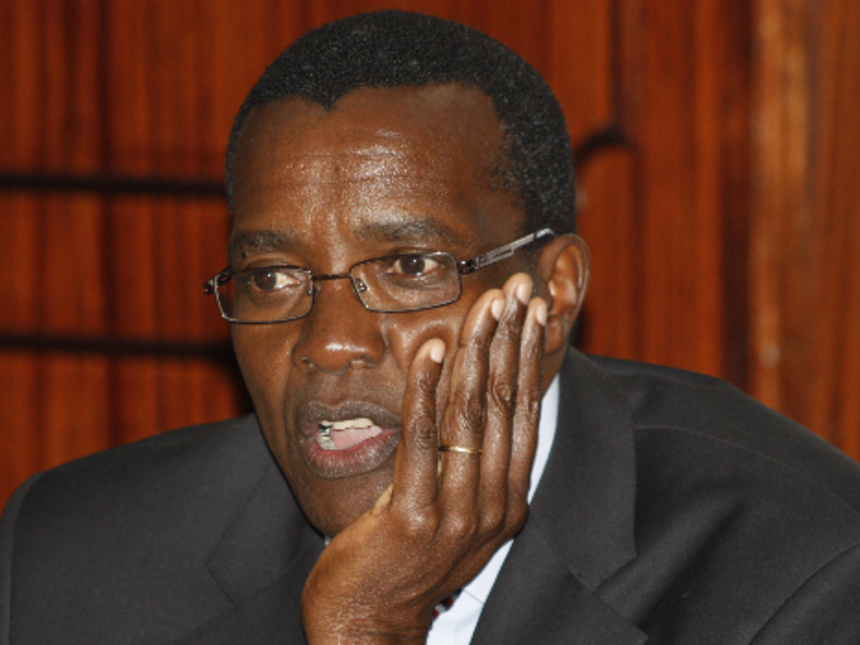The 25 wealthiest dynasties on the planet control $1.4 trillion (Shs15 Quadrillion).
The numbers are mind-boggling: $70,000 (Shs258.8 million) per minute, $4 million (Shs15.7 billion) per hour, $100 million (Shs369.8 billion) per day.
That’s how quickly the fortune of the Waltons, the clan behind Walmart Inc., has been growing since last year’s Bloomberg ranking of the world’s richest families.
At that rate, their wealth would’ve expanded about $23,000 since you began reading this. A new Walmart associate in the U.S. would’ve made about 6 cents in that time, on the way to an $11 hourly minimum.
Even in this era of extreme wealth and brutal inequality, the contrast is jarring. The heirs of Sam Walton, Walmart’s notoriously frugal founder, are amassing wealth on a near-unprecedented scale — and they’re hardly alone.
The Walton fortune has swelled by $39 billion, to $191 billion, since topping the June 2018 ranking of the world’s richest families.
Other American dynasties are close behind in terms of the assets they’ve accrued. The Mars family, of candy fame, added $37 billion, bringing its fortune to $127 billion. The Kochs, the industrialists-cum-political-power-players, tacked on $26 billion, to $125 billion.
So it goes around the globe. America’s richest 0.1% today control more wealth than at any time since 1929, but their counterparts in Asia and Europe are gaining too. Worldwide, the 25 richest families now control almost $1.4 trillion in wealth, up 24% from last year.
To some critics, such figures are evidence that capitalism needs fixing. Inequality has become an explosive political issue, from Paris to Seattle to Hong Kong. But how to shrink the growing gap between the rich and the poor?
As the tension increases, even some billionaire heirs are backing steps such as wealth taxes.
“If we don’t do something like this, what are we doing, just hoarding this wealth in a country that’s falling apart at the seams?” Liesel Pritzker Simmons, whose family ranks 17th on the Bloomberg list, said in June. “That’s not the America we want to live in.”
A notable addition this year: the Saudi royal family.
The House of Saud is worth $100 billion, based on the cumulative payouts royal family members are estimated to have received over the past 50 years from the Royal Diwan, the executive office of the king.
That’s a lowball figure. After all, oil giant Saudi Aramco, the linchpin of the Saudi economy, is the world’s most profitable company. The kingdom is hoping to take it public at a $2 trillion valuation.
Tallying dynastic dollars isn’t an exact science. Fortunes backed by decades and sometimes centuries of assets and dividends can obfuscate the true extent of a family’s holdings. The net worth of the Rothschilds or Rockefellers, for instance, is too diffuse to value. Clans whose wealth is currently unverifiable are also absent.
But of those we can track, most are reaping the rewards of ultra-low interest rates, tax cuts, deregulation and innovation. Koch Industries, for instance, has a venture-capital arm. The latest generation of Waltons is establishing its own enterprises.
Other big gainers include the owners of fashion house Chanel and Italy’s Ferrero family, whose brands include Nutella spread and Tic Tac mints. In India, the fortune of the Ambani family swelled $7 billion, to $50 billion.
In all, the world’s 25 richest families have $250 billion more wealth, compared to last year.
The rich aren’t necessarily getting richer together. The Quandt family dropped eight places following a poor year for Bayerische Motoren Werke AG, which has battled trade tensions and slowing global markets as BMW invests in the disruptive shift to self-driving electric vehicles. The Dassault, Duncan, Lee and Hearst families all fell from the list.
And this could in many ways represent a peak, as U.S. President Donald Trump escalates a trade war with China and worries grow about a global recession.
“It can be very challenging to preserve wealth over the long-term,” said Rebecca Gooch, research director at Campden Wealth, a network and education business for generational-wealth holders. “Family-owned operating businesses can shift from booming to declining, a family’s investment portfolio might not be well diversified or there can be issues with generational transitions.”
Get more details about the world’s wealthiest families from Bloomberg by clicking here.





